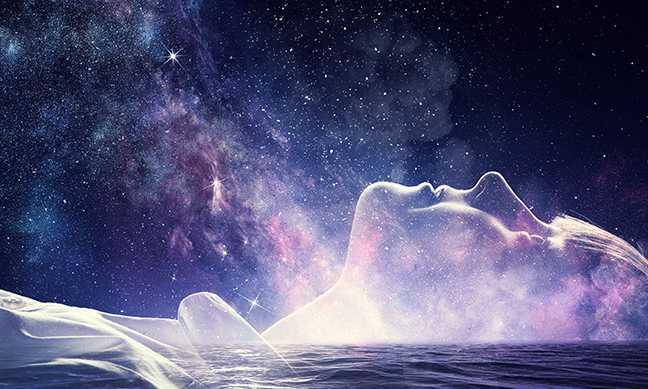Explore the World's Best Ideas
Join today and uncover 100+ curated journeys from 50+ topics. Unlock access to our mobile app with extensive features.
Early theories about dreaming
Sigmund Freud and Carl Jung put forth some of the most well-known theories of dreaming.
- Freud's theory was that dreaming allows us to sort through unresolved and repressed wishes.
- Carl Jung also believed dreams had psychological importance but differed about their meaning.
186
1.56K reads
The relationship our dreams have with our memories
Recent studies suggest we employ the same neurophysiological mechanisms while dreaming that we use to construct and recall memories while we are awake.
Studies also found that vivid, bizarre and emotionally intense dreams are linked to parts of the amygdala and hippocampus. The amygdala plays a key role in processing and memory of emotional reactions. The hippocampus is implicated in important memory functions, such as the consolidation of information from short-term to long-term memory.
187
1.13K reads
Dreams help us process emotions
Dreams seem to help us to process emotions by constructing memories of them. The experience in our dreams may not be real, but the emotions we experience are real.
Our dream stories try to strip emotion out of some experiences by creating a memory of it. This mechanism seems to fulfil an important role because it helps us process our emotions.
189
1.14K reads
IDEAS CURATED BY
Lise Everett's ideas are part of this journey:
Learn more about personaldevelopment with this collection
How to network effectively
How to read body language
How to find common ground with others
Related collections
Similar ideas
4 ideas
What is the function of the various brainwaves?
scientificamerican.com
2 ideas
Why Rocking to Sleep Is a Matchless Sedative—and Elixir
scientificamerican.com
6 ideas
What Is Consciousness?
scientificamerican.com
Read & Learn
20x Faster
without
deepstash
with
deepstash
with
deepstash
Personalized microlearning
—
100+ Learning Journeys
—
Access to 200,000+ ideas
—
Access to the mobile app
—
Unlimited idea saving
—
—
Unlimited history
—
—
Unlimited listening to ideas
—
—
Downloading & offline access
—
—
Supercharge your mind with one idea per day
Enter your email and spend 1 minute every day to learn something new.
I agree to receive email updates

